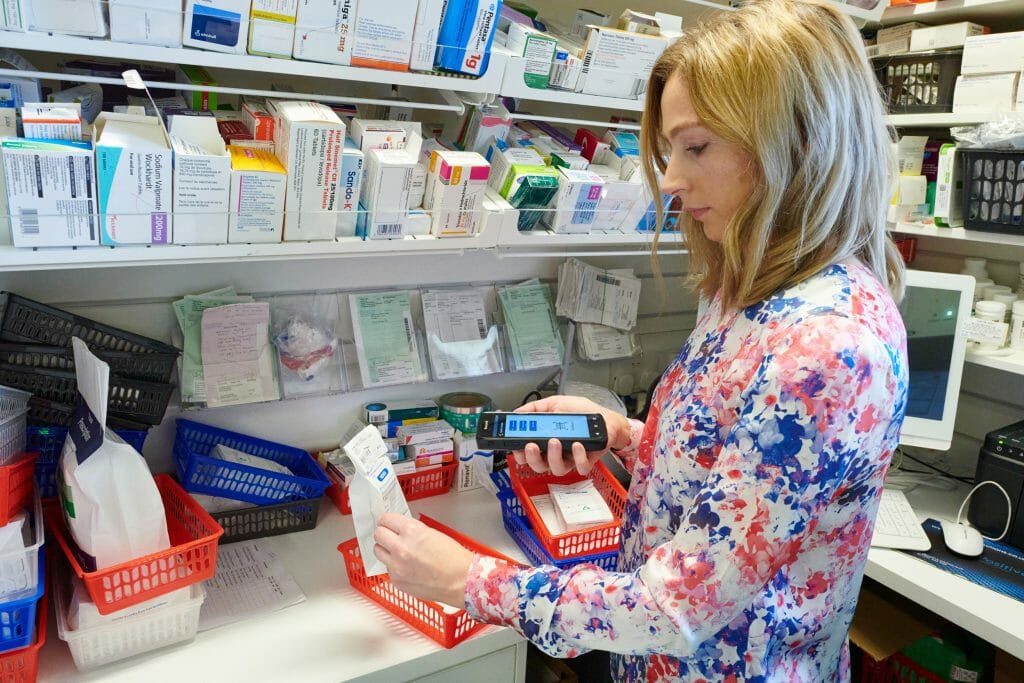Blog
100-Hour Pharmacy: to close or not to close?
With so many changes to the NHS pharmacy contract in England recently, including significant changes to the contractual opening hours rules, our co-founder and Superintendent Pharmacist, Kevin Murphy, has written a two-part article to bring customers up to speed. The first part deals with the headline grabbing changes to the regulation of 100-hour pharmacies.
What’s changed for 100-hour pharmacies?
For those that don’t know, 100-hour pharmacies were granted NHS contracts under an exemption to the normal control of entry process on the basis they guaranteed to open 100 hours per week in a bid to improve out-of-hours access. As with many examples of governmental tinkering with regulation, it did not have the intended outcome in many places and the exemption was scrapped in 2012.
As of Thursday 25th May and the release of template NHS forms late on Friday 27th May, contractors can now notify a reduction in their opening hours by up to 28 hours per week.
The changes came as a surprise to many given the history of the controversial 100-hour exemption and is seen as a knee-jerk reaction to the closure of Lloyds in Sainsburys. Clearly the Department for Health and Social Care (DHSC), rightly see 100-hour pharmacies as being at highest risk of closure and don’t want to deal with more negative headlines.
Unfortunately, the changes come too late for some and we have already worked with groups who have consolidated branches and used automated collection as a way of mitigating the reduction in access for patients and maintaining local market share.
The new rules are not as simple as the headline might suggest and many won’t be able to reduce by the full 28 hours. I will leave it to the experts to explain the detail but in summary, most of the hours closed are likely to be pre 9:00am and post 9:00pm as well as out-with 11:00am – 4:00pm Sundays, depending on the existing hours of a given pharmacy.
Impact on the NHS
There are over 1,000 such pharmacies in England so there could be up to 28,000 hours of pharmacy access lost to patients in the coming weeks. Here is an interactive map of their locations. One wonders what impact this will have on the wider NHS?
Given the savings are potentially £60 – £90k per annum depending on locum rates and staff levels, it is fair to predict that many will be making full use of the new rules, although they must also consider what impact this could have on their customer base and local brand.
Impact on patients
Many 100-hour pharmacies have built their whole business with access being their key USP for attracting patients away from standard hours pharmacies. So, many may be nervous about what impact reducing hours might have on patient loyalty, given patients also have the option of on-line pharmacies or perhaps a local 100-hour competitor that is in a position to retain more opening hours.
At MedPoint, we have seen a big increase in enquiries, with automated collection points being seen as a potential way to mitigate such concerns. What better way to soften the blow when delivering the news to customers around a reduction in opening hours than with the announcement that their pharmacy has invested to enable enhanced access to collect their medication 24/7. At the same time, it reduces the potential loss to 100-hour competitors remaining open or on-line.
Embracing automation
Another reason highlighted by some is the fact that these pharmacies often use the “quiet hours” to get caught up on workload and organised for the next day. So, pharmacies that reduce their hours must squeeze 100% of the work into 72% of the hours, a fact that staff will undoubtedly highlight when difficult discussions around reductions in staffing take place.
That is not to mention that 100% of their patient footfall at the retail counter also needs to fit into 28% less hours.
Busy pharmacies have spotted that this is a recipe for congestion, both in the dispensary and at the counter, increase in stressful working environment (which impacts staff retention) and potentially a risk to patient safety and satisfaction.
Automation, and more specifically the lowest cost category of automation, automated prescription collection jumps off the page as a solution that kills two birds with one stone:
- Spread customer collections over a 24/7-time period.
- Free up capacity to condense dispensing workload into reduced hours.
Our research has shown that a pharmacy dispensing 10k items per month can save in the region of 3 hours of staff time per day, and with pharmacy first and other services which require admin support recently announced, that time is much better spent supporting income generating tasks in the pharmacy.
Ready to find out more?
If you are a 100-hour pharmacy interested in a MedPoint 24/7 prescription collection system to support your reduction in working hours, we are offering a special incentive until the end of July – please contact us on info@medpointuk.com quoting MED100.
Save time and resource
Automating prescription collections allows pharmacy staff to spend less time retrieving dispensed prescriptions and reduce patient waiting times.
Increase your market share
Get ahead of the curve and attract new patients by being the first in your area to offer 24/7 prescription collection
